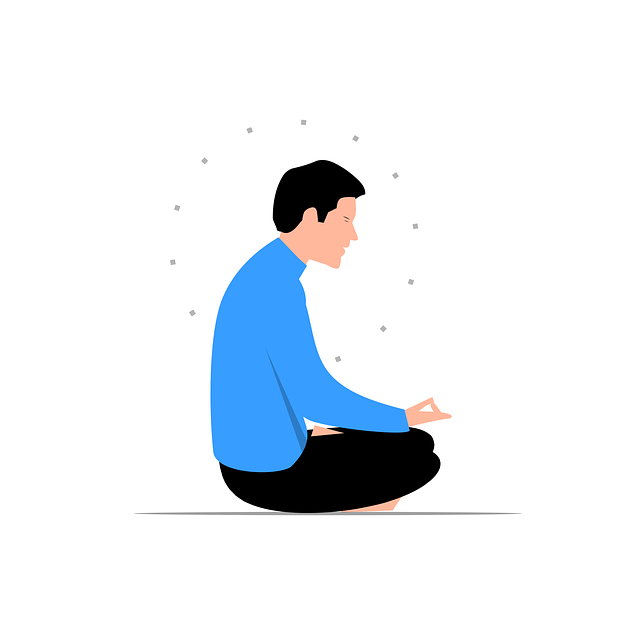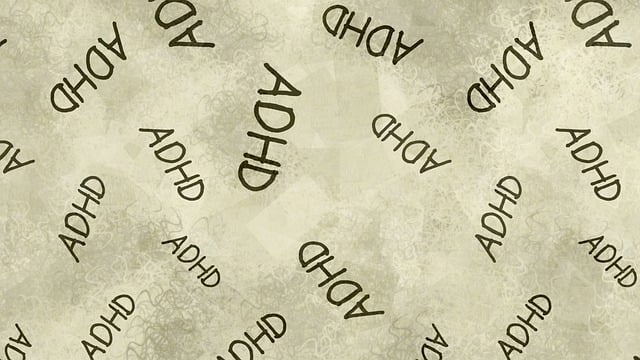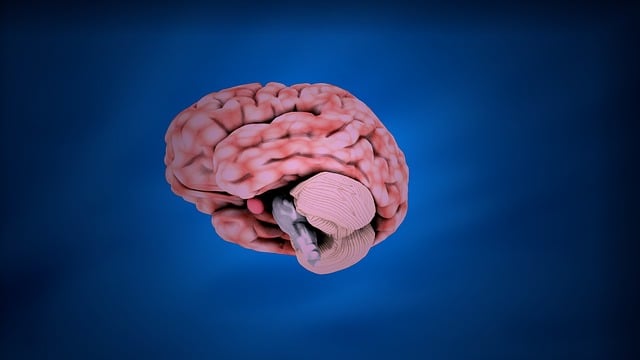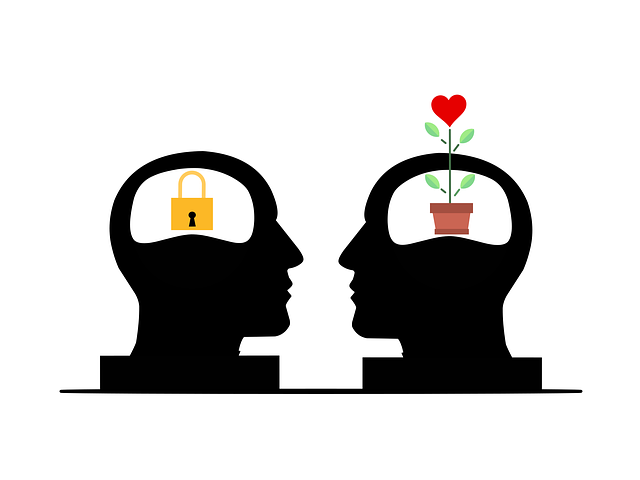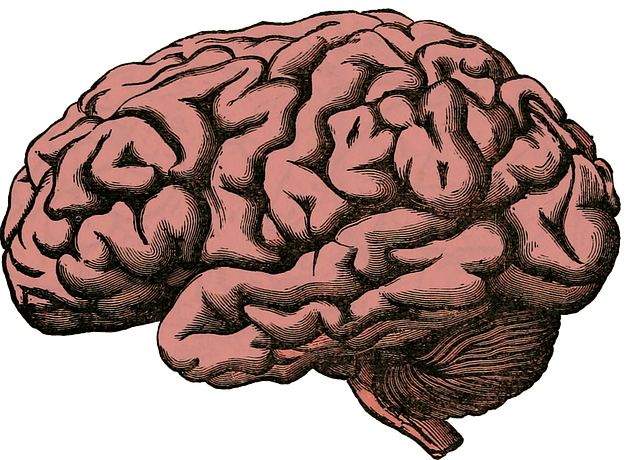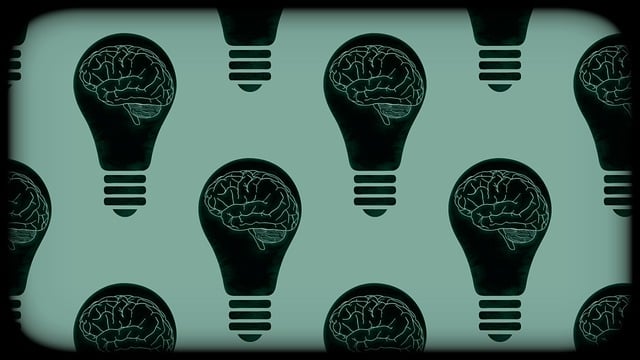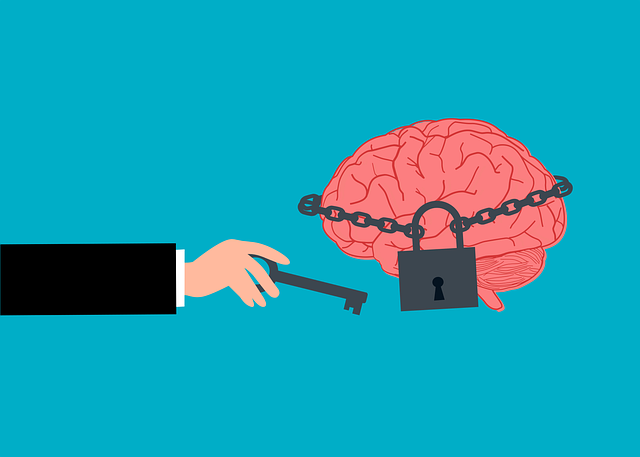Lafayette Neuro Disorders Therapy emphasizes understanding group dynamics for effective mental wellness facilitation. Facilitators create a safe, supportive environment through active listening, inclusive activities, and open dialogue. Techniques like empathy, personal anecdotes, and clear communication build trust and encourage members to share coping strategies and personal stories. By prioritizing emotional well-being, confidence building, and boundary setting, the therapy promotes growth, resilience, and improved mood management in a diverse group setting, ultimately enhancing overall mental wellness.
Mental wellness group facilitation is a powerful tool for fostering resilience and support. This article explores effective techniques, starting with understanding complex mental wellness group dynamics. We delve into communication strategies that empower facilitators and highlight methods to create safe spaces. Furthermore, we introduce unique approaches from Lafayette Neuro Disorders Therapy, showcasing innovative practices in group facilitation. By examining these aspects, professionals can enhance their skills, creating supportive environments for profound mental health transformations.
- Understanding Mental Wellness Group Dynamics
- Effective Communication Strategies for Facilitators
- Techniques to Foster Safe and Supportive Environments
- Lafayette Neuro Disorders Therapy: Unique Approaches to Group Facilitation
Understanding Mental Wellness Group Dynamics

Understanding Mental Wellness Group Dynamics is a cornerstone of effective facilitation, especially at institutions like Lafayette Neuro Disorders Therapy. In this collaborative setting, each participant brings unique experiences and perspectives, forming a complex social fabric that can either foster growth or hinder progress. Facilitators play a crucial role in navigating these dynamics, ensuring everyone feels heard, respected, and valued. Techniques such as active listening, open-ended questions, and inclusive activities help create a safe space where individuals can share their stories, build connections, and support one another.
Promoting emotional well-being becomes more achievable when group members develop a sense of community and understanding. This is where Emotional Well-being Promotion Techniques come into play, offering tools like mindfulness exercises and positive reinforcement to enhance self-awareness and boost confidence. By facilitating open dialogue and encouraging the exchange of coping strategies, facilitators can help participants discover effective Stress Reduction Methods tailored to their individual needs. Ultimately, a well-managed group dynamic paves the way for transformative experiences, fostering growth, and strengthening resilience among members.
Effective Communication Strategies for Facilitators

Effective communication is a cornerstone for facilitators leading mental wellness groups. It involves active listening, where facilitators demonstrate genuine interest and understanding by paraphrasing participants’ thoughts and feelings. This technique not only shows respect but also ensures everyone feels heard and validated, fostering a safe space crucial for open dialogue. Additionally, facilitators should employ clear and concise language, adapting their communication style to suit diverse group dynamics and individual needs, mirroring the personalized approach of Lafayette Neuro Disorders Therapy.
Utilizing compassion cultivation practices can significantly enhance communication. Facilitators can model empathy by sharing relevant personal experiences or anecdotes, connecting with participants on a deeper level. This strategy boosts confidence among members, encouraging them to share their own stories and insights. By integrating confidence-boosting techniques into group discussions, facilitators create an environment where mental wellness is prioritized, allowing each individual to thrive and grow, ultimately contributing to improved overall well-being.
Techniques to Foster Safe and Supportive Environments

Creating a safe and supportive environment is paramount when facilitating mental wellness groups. Techniques like active listening and empathetic responses foster trust and encourage participants to share their experiences openly. Group leaders should model emotional intelligence, demonstrating understanding and validating others’ feelings. This not only strengthens bonds among members but also enhances everyone’s willingness to engage in vulnerable conversations.
Additionally, establishing clear boundaries and rules from the outset is crucial. At Lafayette Neuro Disorders Therapy, we’ve found that a well-structured group setting, coupled with a Community Outreach Program Implementation, can significantly improve mood management. By promoting respect, confidentiality, and consistent attendance, facilitators create an inclusive atmosphere where individuals feel empowered to support one another through shared challenges, ultimately bolstering emotional intelligence and overall mental wellness.
Lafayette Neuro Disorders Therapy: Unique Approaches to Group Facilitation

Lafayette Neuro Disorders Therapy stands out for its innovative approaches to group facilitation, focusing on holistic mental wellness. They offer a unique blend of therapeutic techniques tailored to diverse individual needs within group settings. By integrating evidence-based practices with an emphasis on emotional well-being promotion techniques and social skills training, their facilitators create safe spaces where members can connect, support one another, and learn effective coping strategies for managing stress.
This therapy model’s distinctive approach lies in its ability to foster a sense of community while addressing specific mental health challenges. Facilitators use interactive activities and structured discussions to enhance communication, build resilience, and encourage emotional expression. The result is a supportive environment that empowers individuals to navigate their mental health journeys collaboratively, ultimately leading to improved overall well-being.
Mental wellness group facilitation is a powerful tool for fostering community, understanding, and healing. By employing techniques discussed, such as those unique to Lafayette Neuro Disorders Therapy, facilitators can create safe spaces that encourage open communication and meaningful connections. These strategies not only enhance the effectiveness of group dynamics but also significantly contribute to improved mental health outcomes. Embracing these approaches ensures that individuals in need receive the support and guidance necessary for their journey towards well-being.

